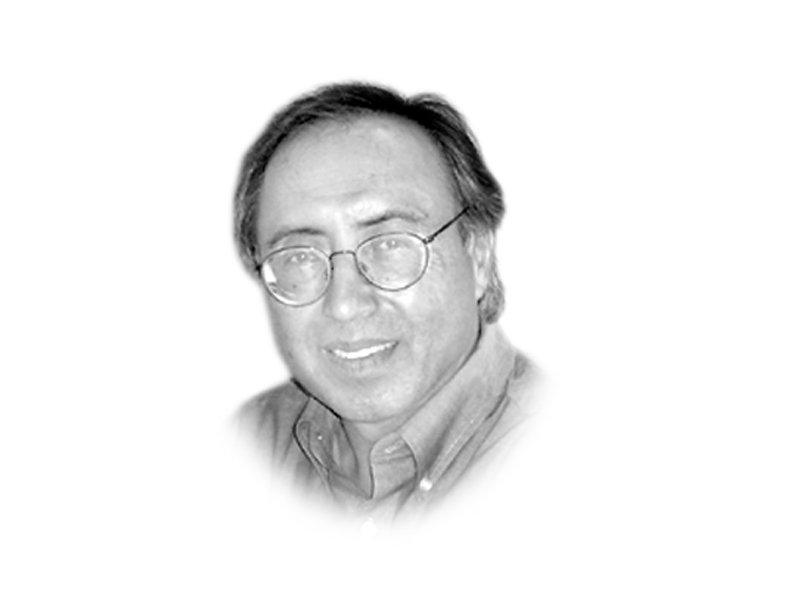
As we walked towards the entrance of the Faisal Auditorium, I met many prominent people who used to be students at Punjab University in my student days. The first I met was Asghar Nadeem Syed, a noted scholar of humanities, dramatist, writer and a great teacher of classics. As we walked together, I saw Professor Syed Qamar Abbas, a historian, gentleman, humble and one of the most profound scholars of the subcontinent who has left a deep mark on teachers, colleagues and students. It was a great pleasure to see Professor Mehdi Hassan, a progressive teacher, activist, journalist and scholar. I have the privilege of serving as a lecturer at the University of Punjab with him and many other notable teachers and scholars who have gradually faded off in the mist of time. Those were ‘the best of time’ of openness, great ideological schism, debates and true freedom of thought.
Pakistan transformed itself as a very different country in the wake of anti-Ayub Khan movement. Self-awareness and activism of youth, high democratic spirit often visible in print and in the streets and multiple ethnic, religious, social and political movements shaped that period. While for the true democratic intellectual, and young generation, very much influenced by global counter-culture movement, it was an age of ‘freedom’, for some on the right of ideological spectrum, it was chaotic, as they saw the tradition under attack from intellectual modernity. The ideological controversies, and even some form of conflict, were signs of creativity, intellectual hybridity and progressivism. Both sides lost, and the country and society lost a great deal with the imposition of third Martial Law (1977-88).
It was interesting to see some of the leaders on the opposite side of ideological lines in those days addressing the audience. Notable among them were Fareed Paracha of then Jamiat-e-Tulaba, and now of Jamaat-e-Islami and Chaudhary Ghulam Abbas, a prominent left-wing student leader. Abbas was candid and a bit bitter saying he came with dreams but was disappointed by how a particular religious political party captured the university, leaving a lasting legacy on the intellectual atmosphere of the campus.
The sight of men and women of letters, artists, poets, journalists, bureaucrats, politicians, judges, and more remarkably very renowned scholars and teachers was an endless joy. Having travelled widely in the world and being in hundreds of scholarly gatherings over more than four and half decades, never have I seen such a distinguished gathering of prominent people from every significant walk of life.
Professor Niaz Ahmad Akhtar, the new Vice-Chancellor, took the initiative of reviving the alumni association and creating linkage between the alumni and the university. The next step should be what the alumni can do for Punjab University — provide funds, establish chairs, grant scholarships and develop libraries. That will be the best way to show gratitude to the alma mater.
Published in The Express Tribune, December 12th, 2018.
Like Opinion & Editorial on Facebook, follow @ETOpEd on Twitter to receive all updates on all our daily pieces.

1725612926-0/Tribune-Pic-(8)1725612926-0-165x106.webp)











COMMENTS
Comments are moderated and generally will be posted if they are on-topic and not abusive.
For more information, please see our Comments FAQ